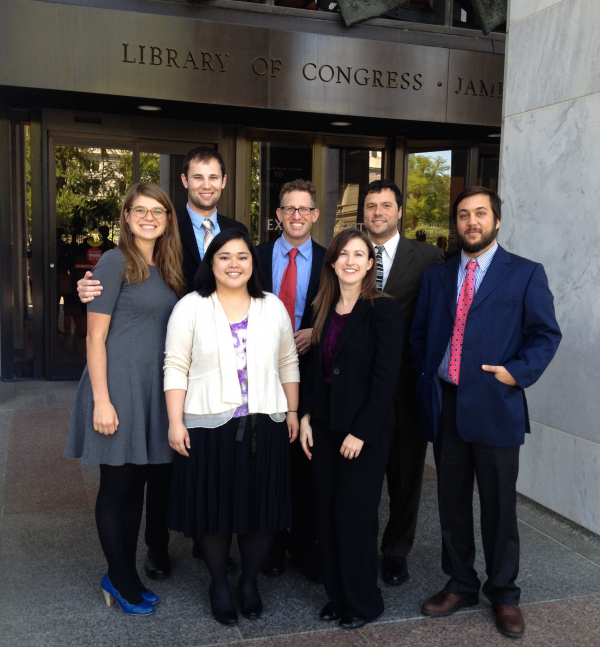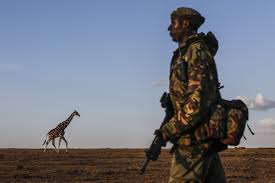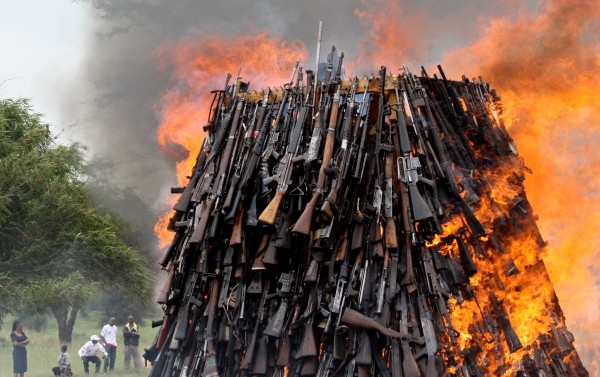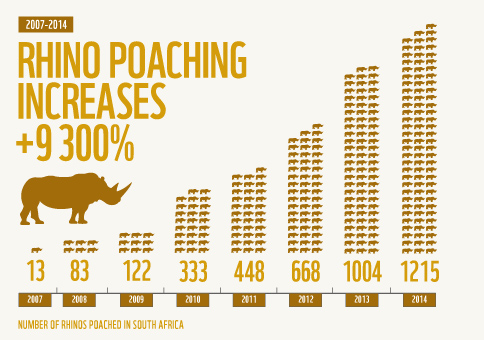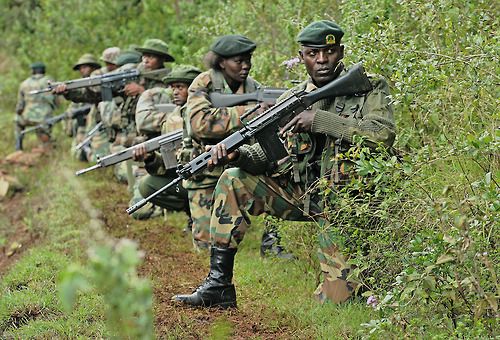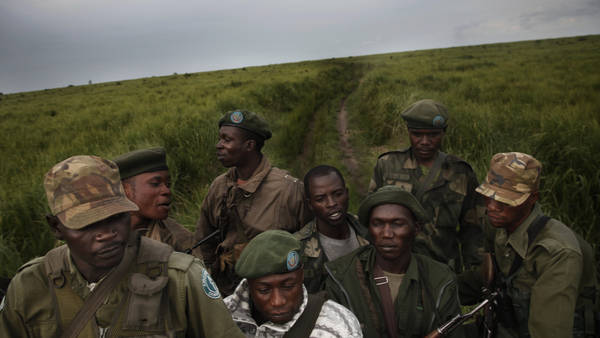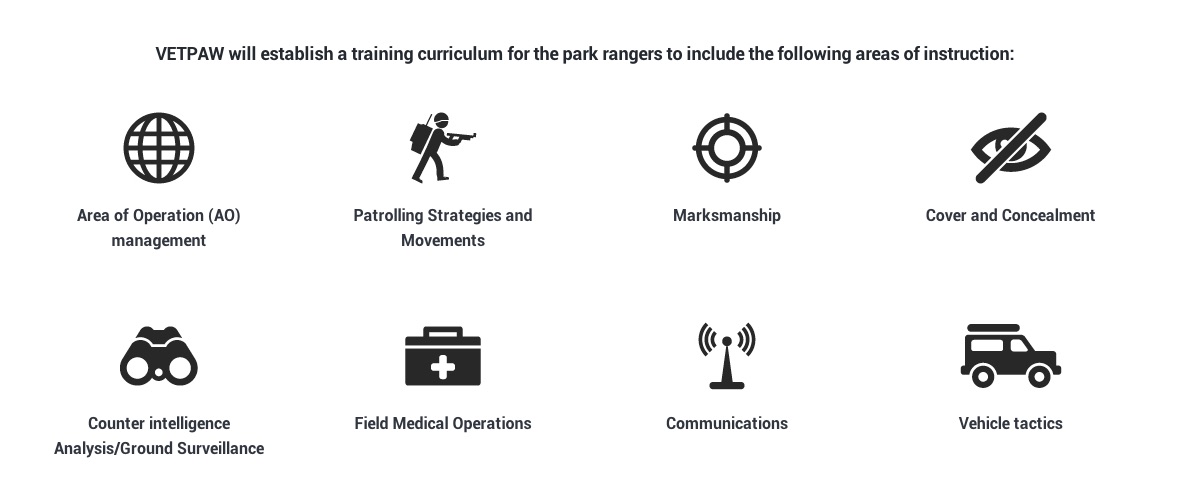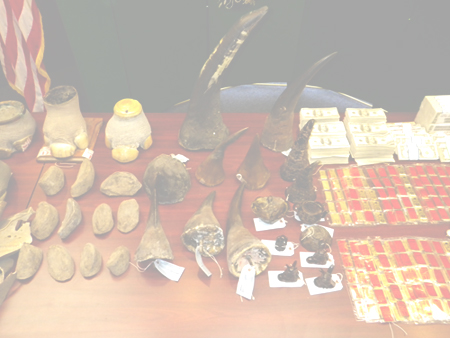In April 2015, we concluded this year-long research project with presentations in Washington DC. We wrote six papers as part of this project which are proprietary to the client, the Congressional Research Service. Six students — Leo Carter, Caitlin Goodrich, LinhPhung Huynh, Cliff Kaplan, Delfina Rossi, and Wade Tanner —… read more
Security
The Small Risks, Big Rewards, and Bigger Consequences of Poaching
As I mentioned in my first blog post, countries with weak rule of law (more specifically, weak enforcement of wildlife crime-related laws) can be particularly attractive sites for the capture, transit, and sale of illegal wildlife products. A key problem regarding illegal wildlife products vis-à-vis the acquisition and trade of… read more
Creating a “Trafficking in Wildlife” report
Where did this link between security and wildlife trafficking come from?
The scale and scope of poaching has escalated in recent years. Increasingly, observers are linking poaching to national security interests. Is this link real? Is there a good case to be made for the inclusion of wildlife trafficking in security issues? This blog post explores the evolution of the USG’s… read more
Will taking the guns and ammo away stop poaching?
One of the trickiest challenges in fighting poaching is the tension between arming rangers to combat poaching which could lead to increased escalation and tackling the problem through disarmament. World Wildlife Fund staff cited one of the biggest challenges in combatting poaching is the prevalence of weaponry in range states.… read more
It is Time for Congress to Take Action Against Wildlife Crime
Wildlife crime is one of the largest transnational organized crimes along with drugs, arms, and human trafficking. The U.S. Government has taken important steps to combat wildlife trafficking, however, now congress should Congress take action to consolidate the Obama administration’s priorities and define wildlife crime as a predicate offense.
Infrastructure and Guns May Curb Wildlife Trafficking
As I discussed in my previous blog post, the US attempts to curb wildlife tracking through foreign assistance. Specifically, FWS provides $10 million annually to enhance and support wildlife conservation throughout Africa and Asia. The funds support essential wildlife protection activities in 25 African countries, including improving capacity to carry… read more
Military Corruption Fuels Ivory Trade
In mid-March 2012, 22 elephants, adults and calves, were found dead with their ivory tusks missing in Garamba National Park in the Democratic Republic of Congo (DRC). Days later, a Ugandan People’s Defence Forces (UPDF) military helicopter was seen flying low over the park. The Ugandan military has not been… read more
U.S. veterans continue to serve through wildlife protection training
Veterans Empowered to Protect African Wildlife (VETPAW) seeks to provide meaningful employment to post-9/11 U.S. veterans through conservation efforts in East African nations. They have chosen to continue their life of service. Ryan Tate, a former U.S. Marine who enlisted on his 18th birthday after the September 11th terrorist attacks,… read more
The Future of Operation Crash
While wildlife trafficking is perceived as a global, transnational issue, it is often forgotten that wildlife trafficking is also a domestic issue that U.S. law enforcement officials are currently grappling with. In 2011, the U.S. Fish and Wildlife Service’s Office of Law Enforcement formed Operation Crash, which investigates rhino horn… read more

